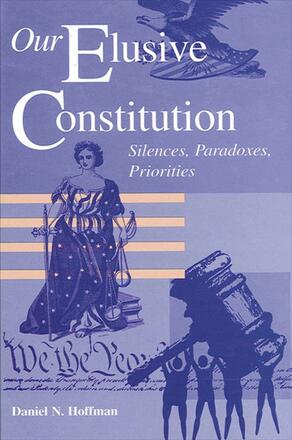
Our Elusive Constitution
Silences, Paradoxes, Priorities
Alternative formats available from:
Description
This volume explores the relationship between religion and politics. It brings a varied sample of richly detailed comparative and case studies together with a set of analytical paradigms in an integrated framework. It is a major statement on a timely subject, and a plea for the acknowledgment of normative pluralism as firmly rooted in the history of religion. The editor shows that the fact of political diversity in the history of world religions compels the acceptance of pluralism as a normative principle.
Said Amir Arjomand is Professor of Sociology at State University of New York at Stony Brook. He is the author of a number of books, including Authority and Culture in Shi'ism, published by SUNY Press, and the editor of the SUNY Press Series in Near Eastern Studies.
Reviews
"The only other book that deals with Jewish, Christian, and Muslim fundamentalism is the book by Bruce Lawrence. It does not have the range of Arjomand's book." -- Hamid Algar, University of California, Berkeley
"In this book, Said Amir Arjomand has brought together a number of brilliant essays, each addressing a particular aspect of that beguiling force of attraction that relentlessly keeps religion and politics in close proximity--in a wavering space where the sacred and the violent vie for power with implacable ferocity." -- Hamid Dabashi, Columbia University